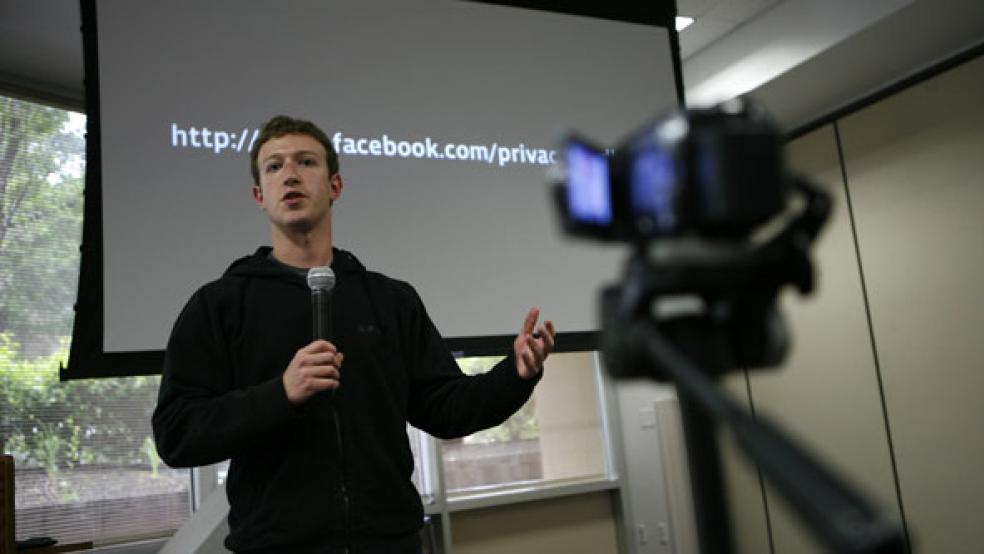It's interesting to watch the revival of the sender-pays email idea. The most recent was Facebook charging people a dollar to send a message to a non-friend. And now there's a twist on that: $100 to send a message directly to Mark Zuckerberg.
Of course, this is nothing new. LinkedIn charges too.
But they're all missing what I see as the point: that the recipient should be setting the price and collecting most of the fee. That puts the cost of deciding whether a message will be wanted back on the sender, once the recipient has set her price.
The recipient can be as selective as she wants, setting different prices for different kinds of messages or even different senders. The recipient can also forgive the fee for any reason (but cannot raise the price retroactively).
Sure, most people won't want to go to that amount of trouble. Most will simply set a single price, and perhaps set a white list for free messages from a list of family, colleagues and friends. Firms will jump into the breach to manage these complexities -- much as LinkedIn and Facebook are beginning to do. For now, however, they are collecting the entire fee for themselves. Administering these pricing schemes could be a nice business opportunity for a company serving (self-defined) important people.
Over time, I predict that this will change. Delicacy may induce people to donate the fees to charity at first, but some may well discover that they can make a nice living by charging for communications – not with generic answers as on Quora (that serve to raise one's visibility), but for specific advice.
And yes, I have put my money where my mouth is. I invested in Boxbe, which had this idea, more or less, but it was too early and ended up as mostly a spam filter/whitelist service.
Times change, and I think it's worth another try. Anyone interested? Send me $10, and I'll read your pitch!
This article originally appeared on LinkedIn

